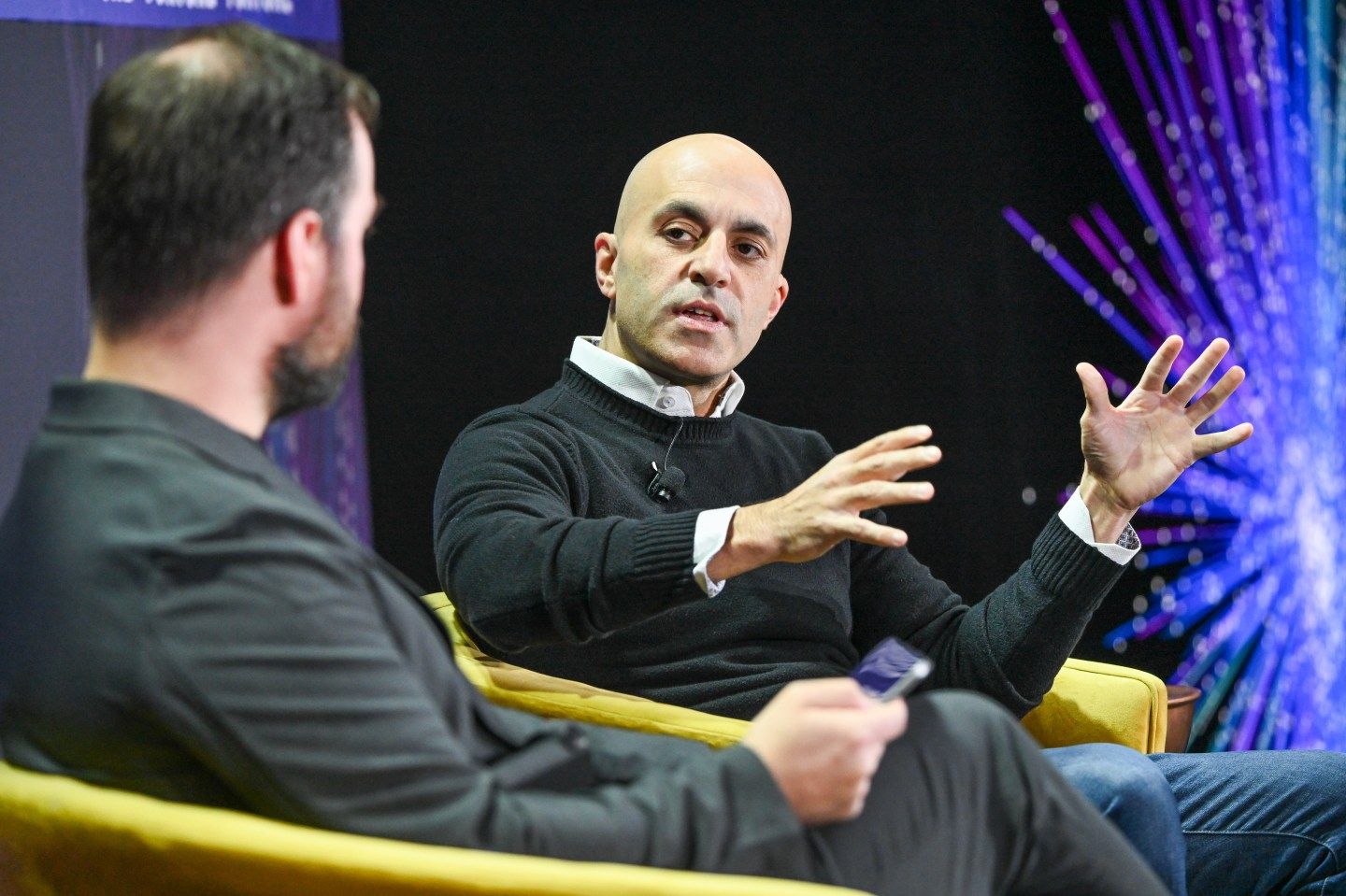Most freight rail lines still operate with two-person crews, a minimum is now enshrined in labor contracts held by the United Transportation Union and the Brotherhood of Locomotive Engineers and Trainmen. But railways, citing in part the rise of automated safety systems, are pushing to change that.
“Most rail corporations would like to get rid of as many workers as possible,” says Ron Kaminkow, general secretary of Railroad Workers United, a group that opposes smaller crews. “Right now, they believe they can operate trains with a single employee.”
Both sides claim safety is their main priority, but there are clearly other motivations—unions want to preserve jobs, while railways are striving to cut labor costs.
Regulators seem to be siding with labor on the question of staffing. The Office of Management and Budget is currently reviewing a proposed Federal Railroad Administration rule that would require at last two railroad employees on a train at all times.
The move to one-person crews would be the culmination of a long process. Mirroring sectors from manufacturing to stock brokerage, technology has allowed the rail industry to shed jobs even as revenues rise. Since the 1960s, innovations including diesel engines, better radios, and wayside monitoring gear has meant less need for warm bodies. U.S. Railway employment declined 3% in 2012, the most recent year for which data is available. Those changes and more, says Kaminkow, led to the standardization of two-man freight train crews in the 1990s.
But the replacement of workers by technology has coincided with a massive improvement in railway safety. According to data from George Bibel, a professor of mechanical engineering at the University of North Dakota, derailments have decreased from over 3,000 in 1980 to less than 500 in 2010. A recent Northwestern University study found similar steep declines in rail fatalities.
Nonetheless, rail workers say that reducing crews to a single operator is a step too far. The RWU argues that routine operations like attaching and detaching cars from a train would be unsafe without a team able to see surroundings.
There are more dramatic cases, such as the May 12th derailment of Amtrak 188. Though the incident is still under investigation, the National Transportation Safety Board has looked into the possibility that engineer Brandon Bostian was either distracted by his phone or incapacitated as the train hit a curve at more than twice the posted speed limit. In those scenarios, the fatal crash might have been prevented by a second engineer.
[Coins2Day-brightcove videoid=4273195739001]
Another tragic incident occurred when a solo engineer improperly parked the train for the night above Lac-Mégantic, Quebec in 2013. It rolled into downtown Lac-Mégantic and exploded, killing 47 and destroying much of the town’s central district. That train was operated by a smaller line not subject to the labor contracts in effect for so-called Class I carriers.
Kaminkow says that freight engineers operate on unpredictable schedules, generating fatigue that can lead to this sort of mistake.
Unless and until the proposed FRA rule passes, there is no national rule on train staffing levels. U.S. States including Washington, Utah, and Iowa are considering their own rules, but these could be vulnerable to challenge under interstate commerce law.
Regardless of the FRA rule, technology will continue to erode rail jobs. With BNSF piloting a program to inspect rail using drones, track crews may shrink. And though Positive Train Control has been touted primarily as a safety measure, Kaminkow says the technology is a major step towards something more radical.
“If PTC comes online,” he says, “[Railways] will then point out that the train is basically capable of running itself.”
From there, driverless trains would be possible, at least in theory.












